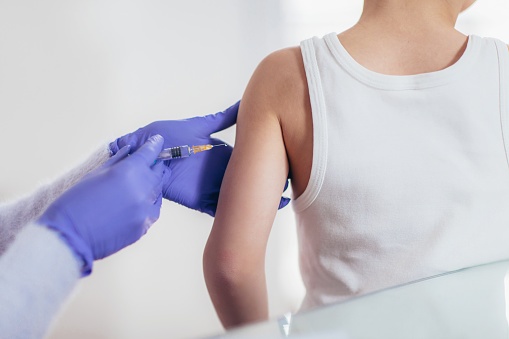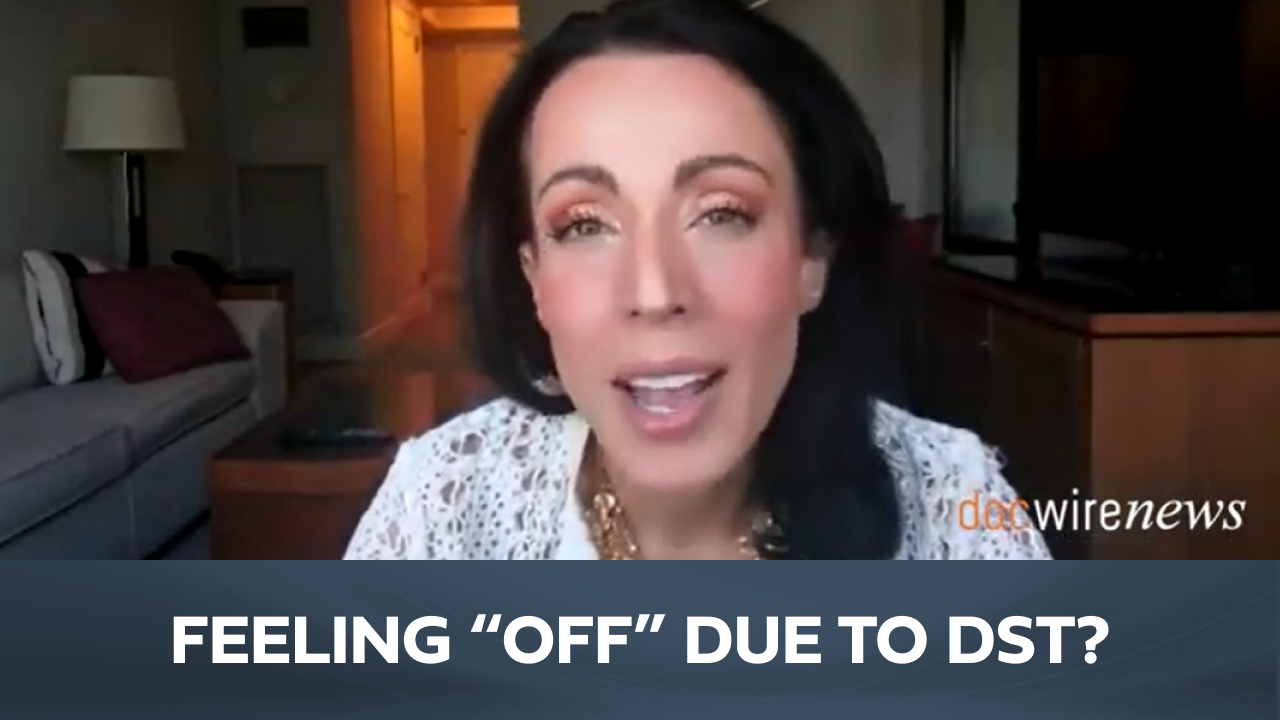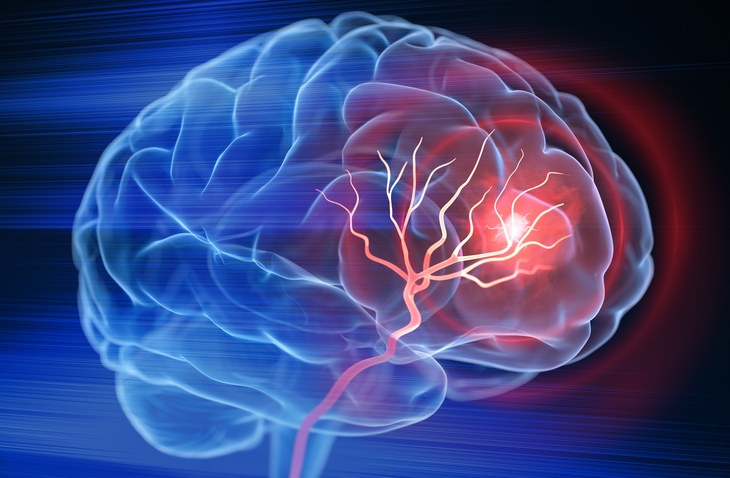
A new study published in Annals of Internal Medicine confirms that the Measles, Mumps, Rubella (MMR) vaccinate does not increase the risk of autism, does not trigger autism, and is not associated with any clustering cases of autism post-vaccination.
In a nationwide Danish cohort study, researchers evaluated 657,461 children born in Demark between 1999 and 2010, with a follow-up from one year of age through August 2013. They utilized Danish population registries to link information pertaining to MMR vaccination, other childhood vaccines, autism diagnoses, sibling history of autism, and any autism risk factors that might affect children in the cohort. The researchers then estimated hazards ratios of autism according to MMR vaccination status, with adjustment for age, birth year, other child vaccines, any sibling history of autism, and autism risk factors (based on a disease score), using a survival analysis of the time to autism diagnosis with Cox proportional hazards regression.
MMR Vaccine Does Not Increase Risk of Autism, Another Study Confirms https://t.co/MONXjy4yC2 pic.twitter.com/Vr5f2KjJNv
— KTLA 5 Morning News (@KTLAMorningNews) March 6, 2019
The results strongly support that MMR has no correlation with autism. During 5,025,754 person-years of follow-up, only 6,517 children were diagnosed with autism (incidence rate, 129.7 per 100,000 person- years). Juxtaposing MMR-unvaccinated children provided a fully adjusted autism hazard ratio of 0.93 (95% CI, 0.85 to 1.02). Moreover, researchers observed no augmented risk for autism after MMR vaccination in subgroups of children defined by autism risk factors, other childhood vaccinations, and during specific time periods post-vaccination.
Long-standing Myth Dispelled
Since the late 1990s, there has been skepticism in certain groups surrounding the safety of the MMR vaccine, after a controversial, and later, retracted article published in 1998, claimed there was a direct correlation between the vaccine and the sudden onset of autism in children. Despite subsequent studies that have been unable to tie inoculation to autism, the fear of vaccines has driven many parents in the US and Europe to forego having their children inoculated.
“Parents should not skip the vaccine out of fear of autism,” lead author Dr. Anders Hviid of the Statens Serum Institut in Denmark, said in a press release published by NBC News. “The dangers of not vaccinating includes a resurgence in measles which we are seeing signs of today in the form of outbreaks.”
The study lends credence to an accumulating body of evidence that suggests vaccines are incorrectly, and potentially dangerously, associated with autism.
“Even in the face of substantial and increasing evidence against an MMR-autism association, the discussion around the potential link has contributed to vaccine hesitancy,” remarked Dr. Saad Omer of Emory University in Atlanta, co-author of an accompanying editorial, who added that “any myth should be clearly labeled as such.”
Researchers followed 657,461 Danish children born between 1999 and 2010, stated in the Annals of Internal Medicine: “The study strongly supports that MMR vaccination does not increase the risk for autism, and does not trigger autism in susceptible children.” #antivaxxers
— Dr. Rick (@RickDomann) March 6, 2019
A new study in @AnnalsofIM adds to the body of evidence supporting no connection between the #MMR vaccine and #autismhttps://t.co/3wWK2XHnY3 pic.twitter.com/ZXH3hxG2lf
— Contagion (@Contagion_Live) March 6, 2019







 © 2025 Mashup Media, LLC, a Formedics Property. All Rights Reserved.
© 2025 Mashup Media, LLC, a Formedics Property. All Rights Reserved.